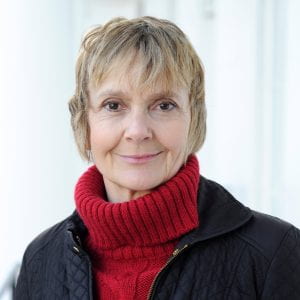With January just around the corner, many students will have exams of some sort to be preparing for over the Christmas break. Amidst the celebrations, it’s vital to get your head down and do some revision. We’ve put together the following advice based on learning styles.
What is my learning style?
Knowing your learning style may help you to find the ways of studying and revising that work best for you. Most people are a combination of different styles, so different methods may help you in different circumstances.
When you have to remember a phone number and type it into your phone, do you:
a. Imagine how the number is written on the screen?
b. Hear the number out loud in your head?
c. Feel how you would type the number into a phone? (i.e. remember the movement of typing it in)
If you think a then you are a visual learner, b indicates an auditory learner, and c gives a kinaesthetic learner. Remember – you could be a mix of 2 or even all 3!
Visual learners
General characteristics and habits of visual learners include:
– Tend to be fast talkers and may interrupt others
– Learn by seeing charts and diagrams
– Need quiet study time
– Take detailed notes which may include pictures
– Learn best when sitting at the front of class
Tips for visual learners when studying and revising:
Use maps, charts, graphs, diagrams, videos, and anything visual to create revision aids that will really help. Flashcards are a great option for definitions of words in languages, or learning equations in science and maths. With important information that is essential to remember, make this stand out by colour coding, highlighting, circling, underlining, or anything that works for you. In class, copy down what is on the board, take notes, and make lists to help your revision process.

Auditory learners
General characteristics and habits of auditory learners include:
– Tend to be natural listeners, speak slowly and explain things well
– Prefer to hear information rather than read it
– Read slowly
– Like to repeat things aloud
Tips for auditory learners when studying and revising:
Record lectures and lessons, or even yourself reading notes, on a voice memo or recorder and listen back to them later. This will help to reinforce the information that’s being put across. Read material aloud when you’re revising or going through the topic after learning for the first time. Explain concepts aloud in your own words, either to yourself or within a group discussion. If you are able to tell someone else about a topic, chances are you already know it well yourself. Use word associations or mnemonic devices to help you to remember.
Kinaesthetic learners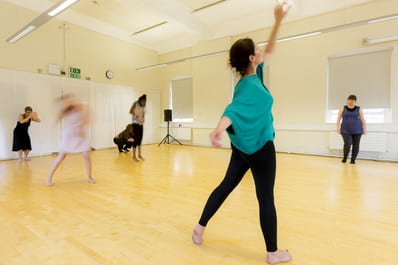
General characteristics and habits of kinaesthetic learners include:
– Tend to be the slowest talkers and have a short attention span
– Learn by doing and solving real life problems
– Like hands-on approaches
– Can’t sit still for long, get fidgety
– Need to take breaks when studying
Tips for kinaesthetic learners when studying and revising:
Make and use flashcards or memory games to give a dynamic aspect to your revision. These could be to remember definitions, equations, historical eras, anything you like. Study with others and exchange ideas. Study in short blocks with regular short breaks or rewards between topics. In school, subjects that involve lab classes, practical activities and field trips will help you with learning. Doodle while studying or reading, or keep active by bouncing a ball or walking around while you read notes.
Feel free to try out any of these techniques, and remember to try different things to find out what works best for you!
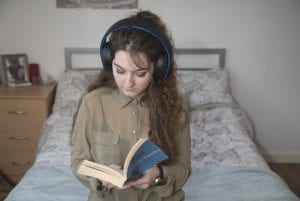
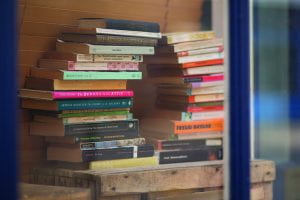
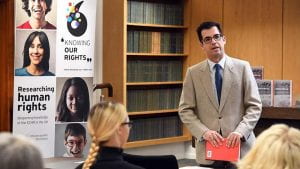

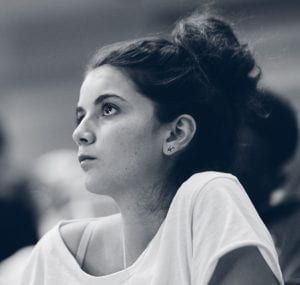

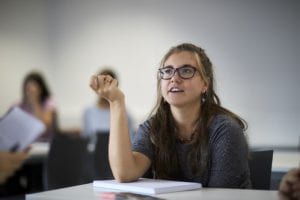
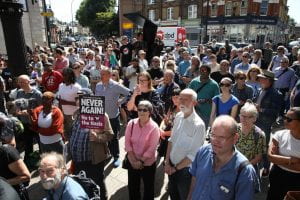 What makes the Goldsmiths course distinctive?
What makes the Goldsmiths course distinctive? 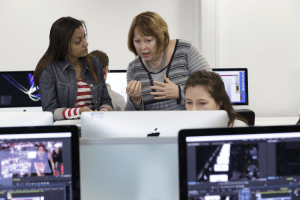 Please can you give us a quick overview of the BA in Journalism course?
Please can you give us a quick overview of the BA in Journalism course?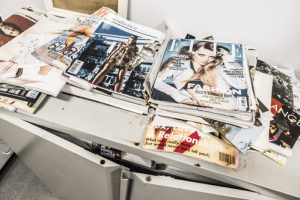
 The programme is taught by the departments of Sociology, Anthropology, Politics & International Relations and Media & Communications. We consider the nature of individual religions – and non-religion – but we also explore what religions have in common and what they do in practice in society. The programme is important, because in an increasingly globalised, more religious world, we need to understand religion as one of the most important social forces shaping contemporary society. What fuels religious conflicts? What is an appropriate response? How does religion help or sometimes harm individuals and wider society? We think our students can make a real difference in a world that is rapidly changing and, in many cases, becoming more religious, neoliberal and conservative. Class sizes are small: students learn through weekly lectures, smaller seminars, a fortnightly workshop and individual tutorials. The fortnightly two-hour workshop is an opportunity for students to discuss in more detail the theories and case studies presented in the lectures. We will map the key debates and the impact through and on religion. There will also be field trips to, for example, places of worship and of politics (House of Commons/Lords) to see both small-scale religious practice and the intersection with the wider public sphere.
The programme is taught by the departments of Sociology, Anthropology, Politics & International Relations and Media & Communications. We consider the nature of individual religions – and non-religion – but we also explore what religions have in common and what they do in practice in society. The programme is important, because in an increasingly globalised, more religious world, we need to understand religion as one of the most important social forces shaping contemporary society. What fuels religious conflicts? What is an appropriate response? How does religion help or sometimes harm individuals and wider society? We think our students can make a real difference in a world that is rapidly changing and, in many cases, becoming more religious, neoliberal and conservative. Class sizes are small: students learn through weekly lectures, smaller seminars, a fortnightly workshop and individual tutorials. The fortnightly two-hour workshop is an opportunity for students to discuss in more detail the theories and case studies presented in the lectures. We will map the key debates and the impact through and on religion. There will also be field trips to, for example, places of worship and of politics (House of Commons/Lords) to see both small-scale religious practice and the intersection with the wider public sphere.